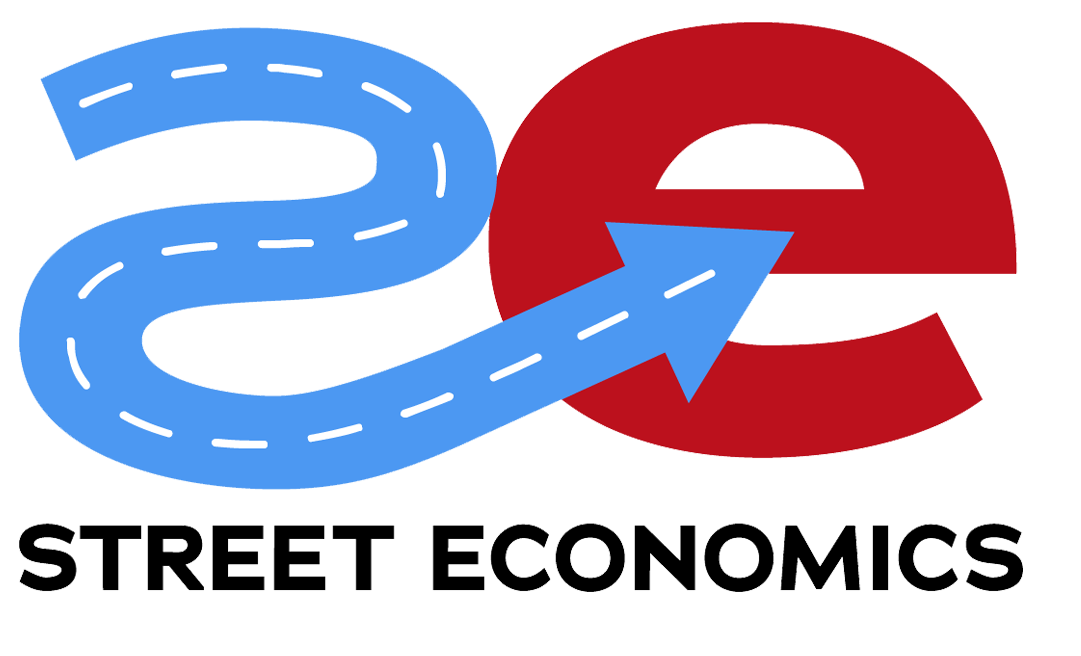Good morning, local leaders. This daily economic intelligence digest is crafted specifically for cities that reject outdated strategies, bureaucratic inertia, and yesterday’s economic development approaches. Realistic, actionable, and clearly stated, we’ll equip you to make proactive, informed decisions today.
Global Economy: Trade Tensions Escalate, Supply Chains Under Pressure
Yesterday, China blocked BlackRock’s acquisition of strategic terminals at the Panama Canal, raising alarms about escalating global economic and geopolitical tensions. BlackRock’s CEO Larry Fink warns this move underscores ports as critical infrastructure, defining future economic competition. Additionally, deficit spending by governments globally is limiting public infrastructure investment, increasingly shifting responsibility to private capital.
Why This Matters:
Cities with ports or significant logistics hubs should closely monitor these geopolitical shifts, which could disrupt local supply chains and export activity. All cities must now recognize that traditional government funding sources for infrastructure are increasingly limited; it’s critical to quickly engage private investors and explore strategic public-private partnerships to finance essential infrastructure projects.
Real Estate: Office Vacancies Reach Historic Highs, Urgent Shift Needed
New reports confirm office vacancies in major markets across the U.S. remain stubbornly high, averaging over 25% nationally, signaling a permanent structural shift away from traditional office use. Industry analysts now agree that full occupancy recovery to pre-pandemic levels is highly unlikely.
Why This Matters:
Cities dependent on downtown office spaces for economic vitality and property tax revenues must rapidly pivot to realistic, market-supported redevelopment solutions. Delaying this shift will result in declining property values, eroded municipal revenues, and diminished attractiveness for businesses, talent, and investors.
Infrastructure: Costs Still High, Creative Funding Now Essential
The Associated General Contractors of America report that construction costs continue to escalate despite moderating inflation, with persistent price pressures on materials and labor. Interest rates remain elevated, complicating municipal infrastructure financing.
Why This Matters:
Cities can no longer rely solely on traditional infrastructure funding methods such as bonds, grants, or incremental tax increases. Municipalities must urgently adopt creative strategies including transparent public-private partnerships and streamlined regulations, ensuring projects remain viable and competitively positioned to attract private investment.
Workforce & Innovation: AI’s Rapid Advance Threatens Jobs, Reskilling Critical
A recent Goldman Sachs analysis estimates that roughly 60% of jobs in advanced economies, including the U.S., could soon be influenced or reshaped by artificial intelligence. This underscores an urgent need for local workforce reskilling and digital literacy initiatives.
Why This Matters:
Without aggressive local action, cities risk workforce displacement, unemployment spikes, and significant loss of economic competitiveness. Proactive retraining programs and robust partnerships with educational institutions will position cities to successfully adapt, ensuring workforce readiness and maintaining economic momentum.
Investment Climate: Private Capital Flows to AI and Clean Tech, Cities Must Compete
In recent months, investors have dramatically shifted capital toward artificial intelligence startups and clean energy projects, notably influenced by incentives provided through federal policies like the Inflation Reduction Act. More than $100 billion in private investment has flowed into new U.S. clean energy manufacturing since last year, and AI funding now dominates venture capital allocations.
Why This Matters:
Cities that proactively define clear investable opportunities in these rapidly growing sectors and maintain efficient, transparent regulations will attract significant private investment. Cities not clearly articulating their value proposition and streamlining their investment climates risk missing out on transformative economic opportunities.
Bottom Line: Realistic, Proactive Leadership is Key to Your City’s Economic Future
Today’s economic reality demands immediate, realistic assessments and swift actions. Cities must reject outdated thinking, embrace realistic strategies, and decisively pivot to capitalize on emerging trends. Doing so will ensure long-term economic resilience and competitive advantage.
Take Action: Empower Your Decisions with Street Economics™
Your city’s economic future depends on timely, accurate intelligence and actionable insights tailored to your specific realities. Street Economics™ delivers comprehensive local analytics, from demographic trends and foot traffic insights to real estate market analysis, ensuring every decision you make is grounded in the reality and potential of your community.
Explore Street Economics™ today:
Visit streeteconomics.ai to request a demonstration and see how our economic intelligence platform can transform your city’s data into real-world strategies. Your city’s future deserves more than guesswork; make every decision count.
Because at BusinessFlare®, being “good enough” is simply not good enough anymore.



Comments are closed